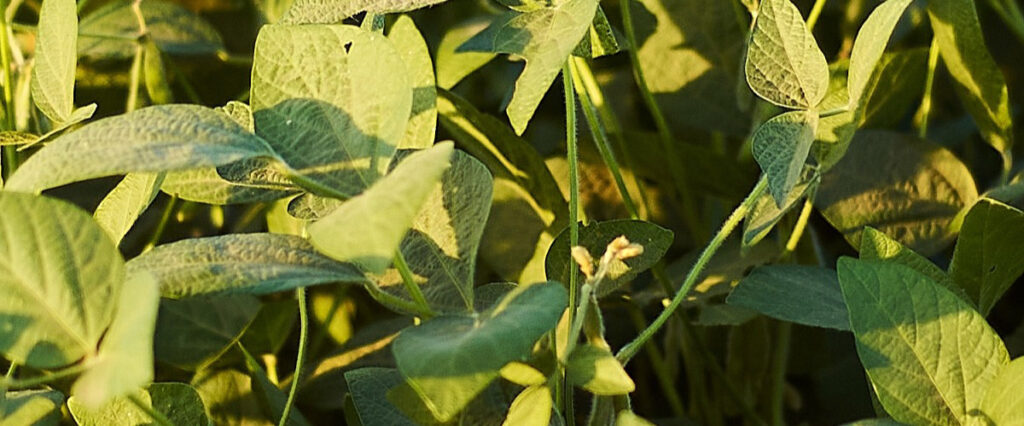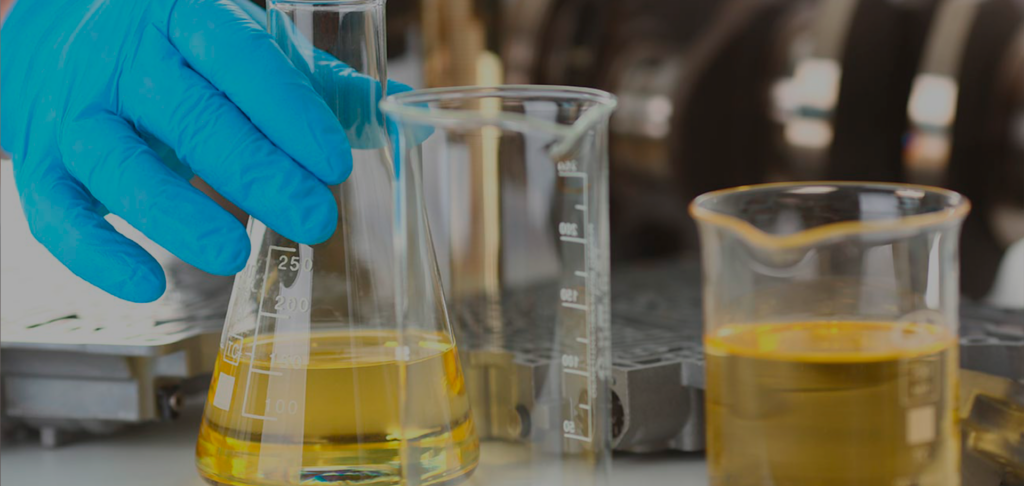
The oilseed sector in Ecuador plays a fundamental role in the national economy, with African palm being the main crop. The regulatory framework surrounding this sector is complex and constantly updated, with regulations that cover various aspects such as biodiversity, phytosanitary, quality and sustainable development.
Biodiversity, sustainability and land use
Most of the policies issued in Ecuador on oilseeds focus on African palm, because it contributes significantly to the Ecuadorian economy.
- The Constitution of the Republic of Ecuador (2008) establishes the right of nature to exist, conserve, protect and restore itself. In this sense, various regulations focus on the sustainability of African palm cultivation, seeking to minimize its environmental impact.
- Ministerial Agreement No. 189 (2015): Establishes the agroecological zoning map for the establishment of oil palm cultivation, restricting its expansion to suitable areas and protecting areas of high environmental value.
- Regulations to the Organic Code of the Environment (2019): Prohibits the use of land for agricultural purposes in all protected areas of the National System of Protected Areas (SNAP) and limits the expansion of crop areas.
- Forestry and Conservation of Natural Areas and Wildlife Law (2004): Regulates forest management and the conservation of biodiversity, establishing restrictions for deforestation and forest conversion.
- Law for the Conservation and Sustainable Use of Biodiversity: Promotes the conservation and sustainable use of biodiversity, including the implementation of sustainable agricultural practices.
Phytosanitary
The Ecuadorian government has an active role in phytosanitary regulation to protect public health and the environment.
- The Pesticide Marketing Law (2004) establishes the legal framework for the import, distribution and use of pesticides, and designates the Ministry of Agriculture, Livestock, Aquaculture and Fisheries (MAGAP) as the regulatory entity.
- Ministerial Agreement No. 365 (2015): Defines the functions of the entities participating in the control of pesticides, establishes the obligations of farmers and the standards for the correct application of agrochemicals.
- Organic Law on Agricultural Health (2017): Creates the Phytosanitary Regulation and Control Agency (Agrocalidad) for phytosanitary control and the protection of agricultural health. This law prohibits the use of genetically modified seeds and crops in the country.

Quality
Quality regulations seek to guarantee the safety and satisfaction of consumers. MAGAP and Agrocalidad constantly disseminate recommendations to maintain the quality of African palm, especially with regard to safety and environmental protection.
- Technical Resolution No. 303 (2015): Guide to Good Agricultural Practices for Oil Palm, which establishes guidelines for crop management, from land selection to harvest and post-harvest management.
- INEN Standards: A set of rules and specifications to guarantee the safety and quality of products, services and processes in various sectors of the Ecuadorian economy.
Other regulations and projects
- Law for the Strengthening and Development of the Production, Marketing, Extraction, Exportation and Industrialization of Oil Palm and its Derivatives (2020): Seeks to improve the oil palm production chain, including strategies for marketing, control and financing.
- Oilseed Sector Cluster Initiative (2021): Created by the Ministry of Production, Foreign Trade, Investment and Fisheries, it seeks to promote collaboration between the private sector and authorities to strengthen the competitiveness and sustainability of the sector.



